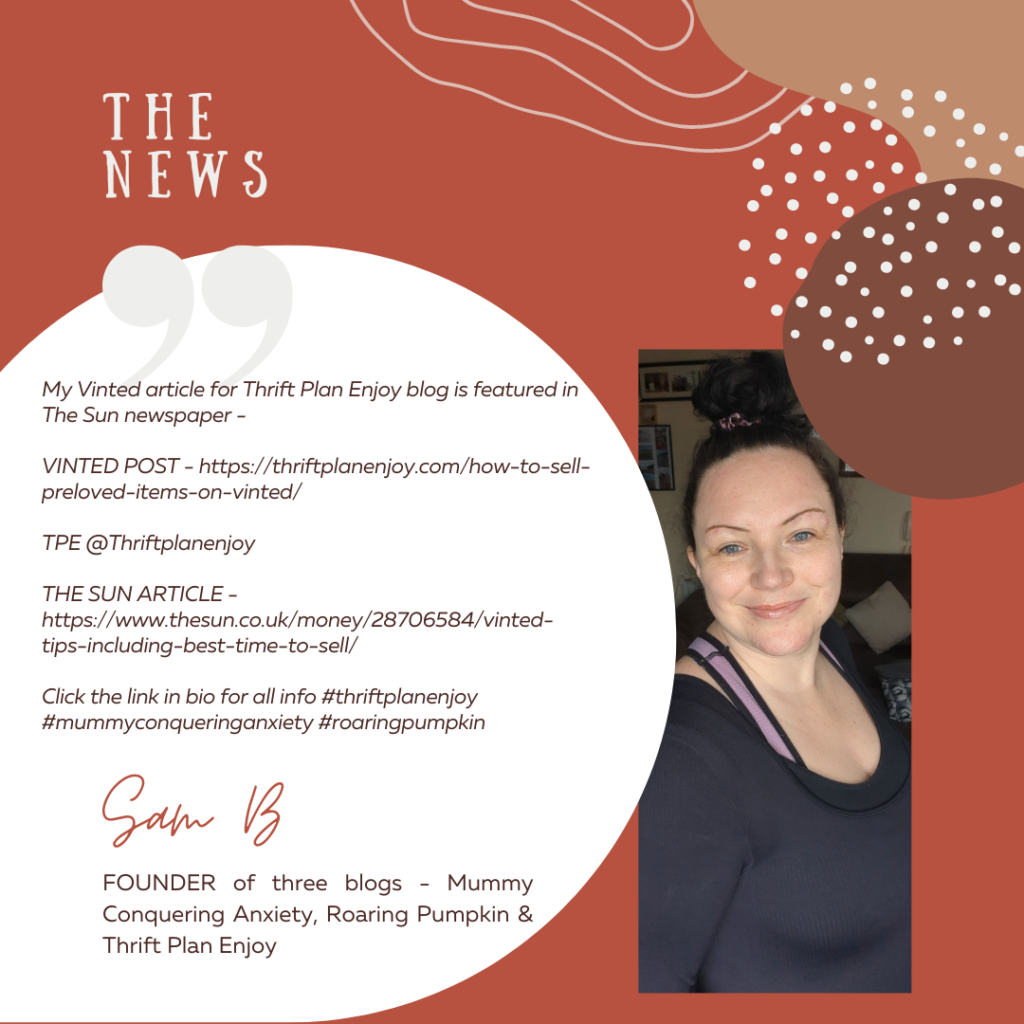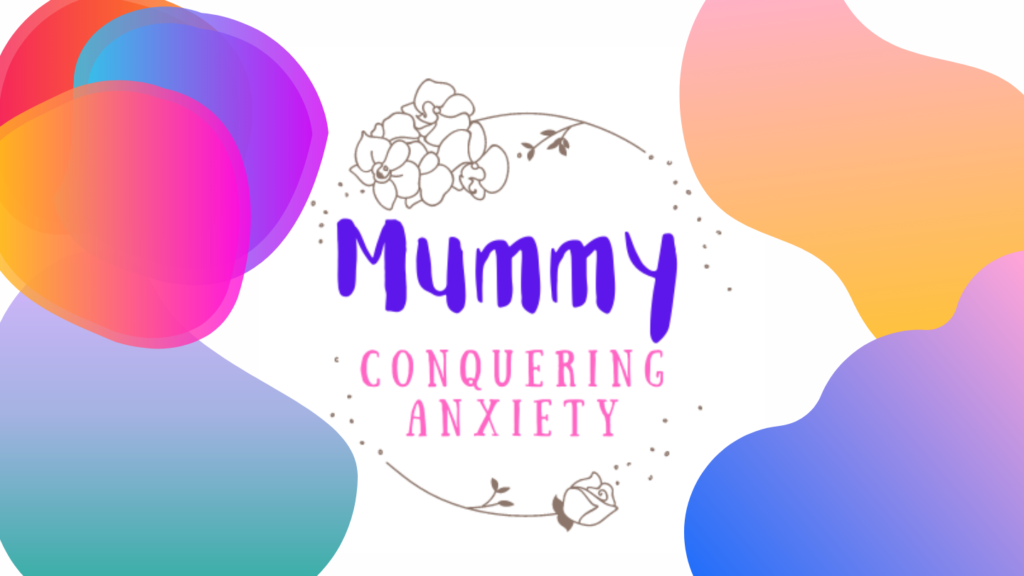It isn’t really news to anyone that mental health is an issue requiring more attention than it gets. We’ve all been made conscious of mental health awareness campaigns, even though we’re all perfectly aware of mental health by now, and what we really need is action. While we are stuck with more self-help than outside help, however, there is definitely a lot to be said for getting some brain exercise. Not only does mental stimulation provide a timely distraction from the strain of mental health issues, but it also provides a strengthening effect on our brains and minds, which certainly doesn’t cure depression or anxiety, but makes the battle fairer.

It has been proven time and again that brain exercise boosts the capacity of your brain, speeding cognitive function and boosting memory. While there are always going to be elements of anxiety and depression that try their best to diminish your quality of life, it is worth knowing that improved cognitive function helps to push back against those intrusive thoughts and negative self-image, and so it’s more than worthwhile.
What do we mean by brain exercise?
Essentially, any time you use your brain, it’s brain exercise. All that differs is the intensity and control. So managed brain exercise will usually take the form of puzzles and processes that lead to us using our brains in a targeted way. While filling out your tax return or figuring out how to install a shelving unit are also forms of exercise, they are time-consuming and have a high failure factor – resulting in frustration that is precisely the opposite of what you’re looking for. Doing a Sudoku, where it doesn’t matter if you get it right, or learning a language in your spare time just for the joy of it, are good methods of brain exercise.
If you’re prone to anxiety, you’ll know how your thoughts can shift around, as though the brain is filled with too much energy. Using puzzles to focus the mind can redirect that energy. The more you do these forms of exercise, the better you’ll get too, which is rewarding and mentally gratifying; if you can replace some of those negative thoughts with positive reaffirmation, it will help your condition. Even if you occasionally need to use a tool to unscramble words, it still helps use your mind for better purposes than it will choose if left idle.
Can brain exercise overcome mental health issues entirely?
It’s optimistic to imagine that brain exercise will be enough on its own to “beat” mental health hurdles. Those of us who have suffered from such conditions know that the situation is a lot more complex than something that can be unlocked with one fun trick. However, it’s important to try to elevate your starting level when dealing with any condition. Just as someone with an injury needs physical exercise to rehab the injured part, so someone with mental health concerns can give their brain some help by working on puzzles and other skills.
This form of mental exercise will also have outside benefits: doing puzzles will improve your vocabulary and open up interesting things to read about; learning a language will give you an insight into a different culture and potentially even offer a travel destination that you can work towards. At the base of it, brain exercise is about finding a positive way to occupy your thought processes. It won’t cure any mental health condition, because that takes a great deal of time and guided exploration of your condition – but it is one element of a package that can deliver great results.
What if I don’t enjoy puzzles?
Brain exercise can take a lot of different shapes, and in truth, it is best to let your own preferences and tastes guide what form of exercise you choose. Not everybody likes puzzles. Language learning isn’t for everyone, either, but there are other ways you can direct your thoughts. You could learn to cook a certain kind of cuisine, take up an instrument, grow and tend to a small garden or anything else that gives you moments of joy and small victories.
A mental health condition will try to make you feel small, stupid, and helpless. The best way to put yourself on a path to long-term recovery is to find an enjoyable way to remind yourself that you are none of those things. It won’t always be easy and straightforward, but if you don’t complete a crossword or your minestrone turns out a little watery, that doesn’t matter. What matters is that you did something for yourself and had some fun in the process.



